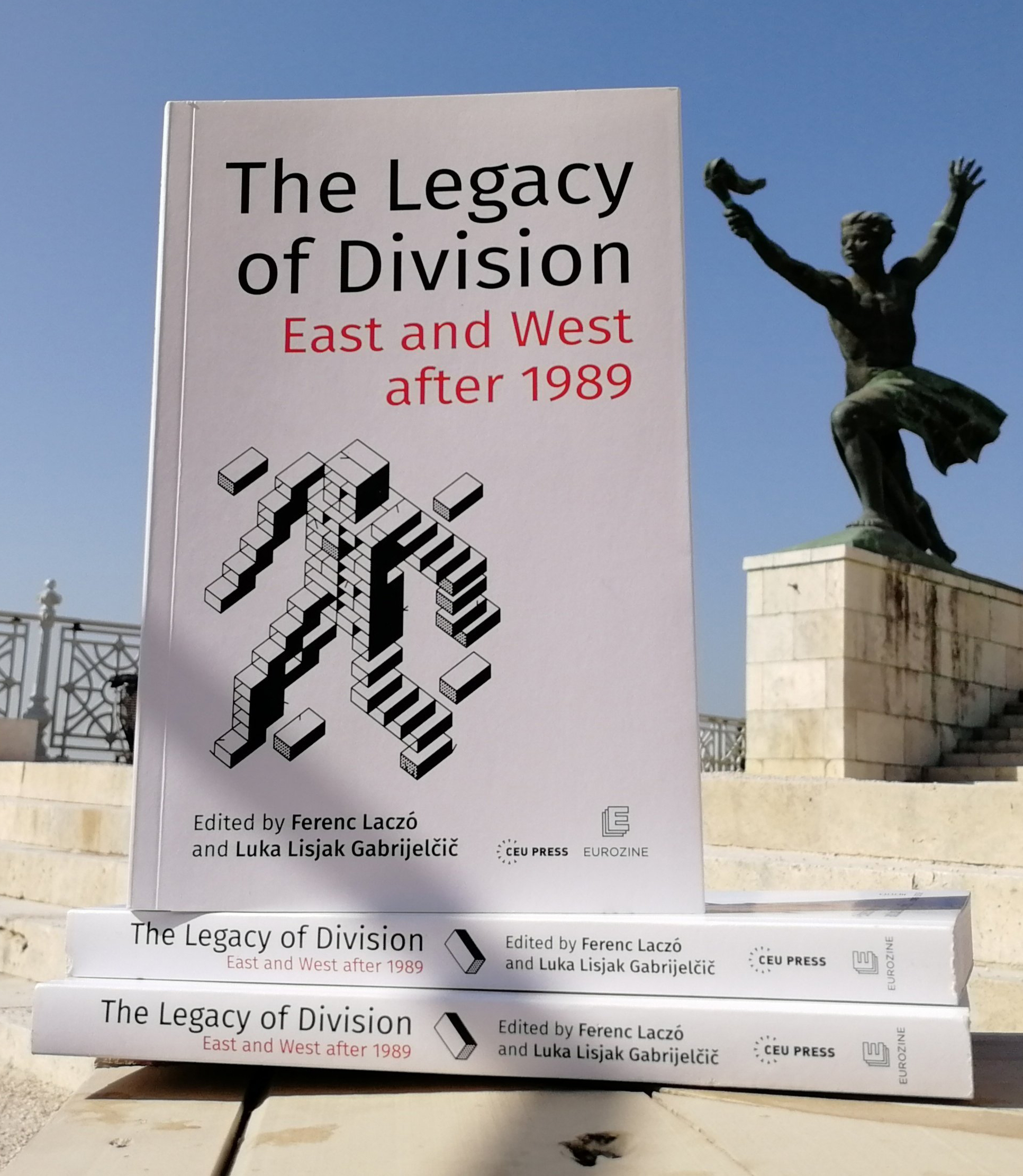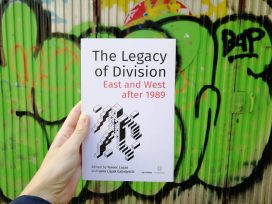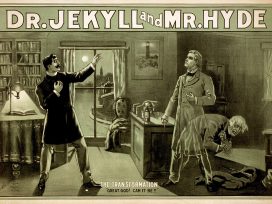Can one speak of a new East–West split? How has our understanding of the two halves of Europe, shaped by the Iron Curtain, changed in the past three decades? Some seem to forever carry the East with them, while others substitute the colloquial ‘end of history’ with shallow concepts for political gain. Easterners are tired of the perpetual post-Communist stigma, while Westerners suggest the promised land wasn’t quite so promising in the first place.
Listen to this episode of Gagarin, the Eurozine podcast on Spotify, Apple podcasts, Castbox, Stitcher or Soundcloud.
Curators Ferenc Laczó and Luka Lisjak Gabrijelčič discuss the new Eurozine anthology, a series of original essays and conversations, 35 contributors from the fields of European and global history, politics, and culture address questions fundamental to our understanding of Europe today. This volume offers a unique cross-section of perspectives and experiences from authors like Aleida Assmann, Philipp Ther, Barbara J. Falk, Ivan Krastev, Diana Georgescu, Karl Schlögel, James Wang, Joachim von Puttkammer, Holly Case, Owen Hatherley, and more. You can order the book here.
Gagarin, the Eurozine podcast is a series of conversations with authors and editors from throughout Europe and beyond. Our 90+ partners are journals, magazines and associates from Belgium to Belarus, from Norway to Bulgaria, publishing literature and analyzing politics, reflecting on culture and bringing diverse voices to a joint conversation.
Subscribe to the podcast and leave a review so that more people can find us. You can also subscribe to our weekly newsletter, so you’ll always know what’s worth thinking about.








